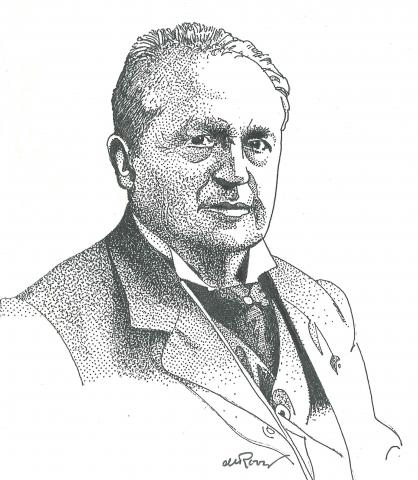A revised and updated version of
Abraham Kuyper: An Annotated Bibliography 1857-2010 by Tjitze Kuipers (2011)
You can buy a printed edition of this book on the site of the publisher.
1889
An address delivered in Utrecht on May 3, 1889 at the opening of the tenth, extraordinary, Meeting of Deputies of the Anti-Revolutionary Electoral Associations (i.e., party convention). The ordinary meeting of deputies had been linked to periodic elections for the Second Chamber. At the meeting of deputies in 1888, however, it was agreed that henceforth interim, that is, extraordinary, meetings of deputies could also be convened.
The theme of the address, “not the liberty tree but the cross,” was furnished by the centenary of the French Revolution. The theme is a variant on Groen van Prinsterer’s adage, “the gospel against the Revolution.” Kuyper contrasts the destructive spirit of the French Revolution with the broad line running from Bilderdijk, Da Costa, and Groen van Prinsterer to the school struggle of his day. The importance of Christian schooling, he notes, led to the political struggle that gave rise to the Anti-Revolutionary Party, which recognizes that Calvinism also has political implications. The address concludes with an overview of the current political program of the Anti-Revolutionaries.
This was the tenth meeting of deputies and the first address to the deputies that appeared in print. Reports of the nine preceding addresses (originally published in De Standaard) are included in 1951.01. The edition was made available on the same day the address was delivered.


